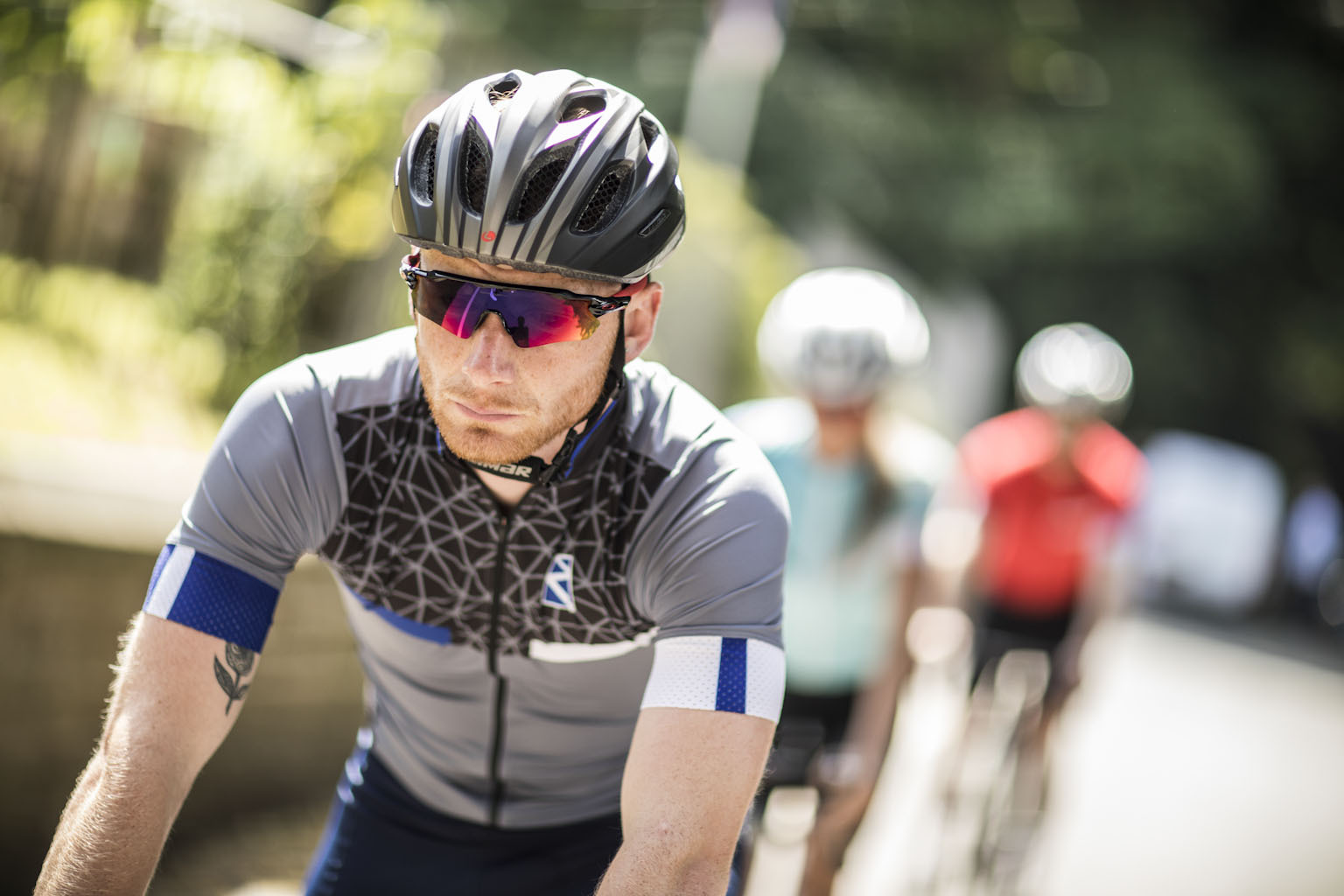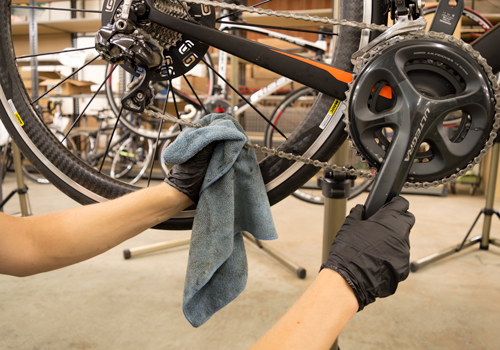
The day of Vélo Birmingham is getting closer and hopefully you’re feeling confident about covering the 100 mile ride distance comfortably. If you’ve done a decent amount of training and are looking to be fresh and rested for the ride then you really need to ‘taper’ as the day of the ride approaches. Tapering is reducing your training and physical activity in the final run-up to your big ride and typically you would do this over the final two weeks and more importantly in the final week. Mentally it can be difficult to stay off the bike, but remember the hard work has been done and you won’t add any increased fitness in the final week and neither will the resting lose you any fitness. You should aim to get to the start line feeling fully rested and ready to go. Certainly don’t be tempted to try and cram in last minute training in the final few days before the ride as this would almost certainly leave you tired and stiff on the big day itself. You’re last long ride should be around 7-12 days before the event after which you should start to taper.
Main Reasons to Taper
1 Feel fresh and get out your best performance on the day. 2 Tapering also gives you back some spare time that you can then use to have your bike and kit ready for the big day. 3 Tapering allows you to be fully fuelled nutritionally in the days before the event.
Two Weeks Out
 The final two weeks are also the time to ensure your bike is working well – you might want to book it into your local bike shop for a service 12-14 days before the ride so they have time to replace any worn parts and you can have it back in time for your final preparation rides. Typically you should reduce your amount of training by 20-25%. For example if you’ve been riding for six hours or four times a week in preparation you should aim to reduce that to four hours or three times a week and reduce the intensity or speed of your rides.
The final two weeks are also the time to ensure your bike is working well – you might want to book it into your local bike shop for a service 12-14 days before the ride so they have time to replace any worn parts and you can have it back in time for your final preparation rides. Typically you should reduce your amount of training by 20-25%. For example if you’ve been riding for six hours or four times a week in preparation you should aim to reduce that to four hours or three times a week and reduce the intensity or speed of your rides.
The Final Week
Your final week is the time to ensure you’re rested for your big ride and making sure you’re prepared and have eaten well. You can reduce your training further by around 25-30% of your main training level and again reduce the intensity or speed of your rides. Also avoid any unusual activity, sport or any tiring physical activity that might cause aching muscles in the days before the ride. Do eat well in the final days before the ride. Don’t use new clothing, particularly shorts or shoes, that you haven’t worn before. Break in any new items as soon as you can so that they don’t cause you any discomfort on ride day.
Final preparations before and on the day
On the day before - it’s useful to get all your kit together and lay out all the items you intend to carry on the ride and make sure they fit snugly into your jersey pockets and/or seat pack. On the day - if you pre-load with adequate food and hydration and feed on the ride you should get through the 100 miles without any issues. If you do feel the onset of exhaustion whilst cycling, it’s remarkable how having a rest at a feed station or at the side of the road to take on some food and drink will soon get you back on the bike with renewed energy. Finally, stay relaxed, don’t worry about the ride and, above all, enjoy the day! For more riding tips have a look at the Ribble blog